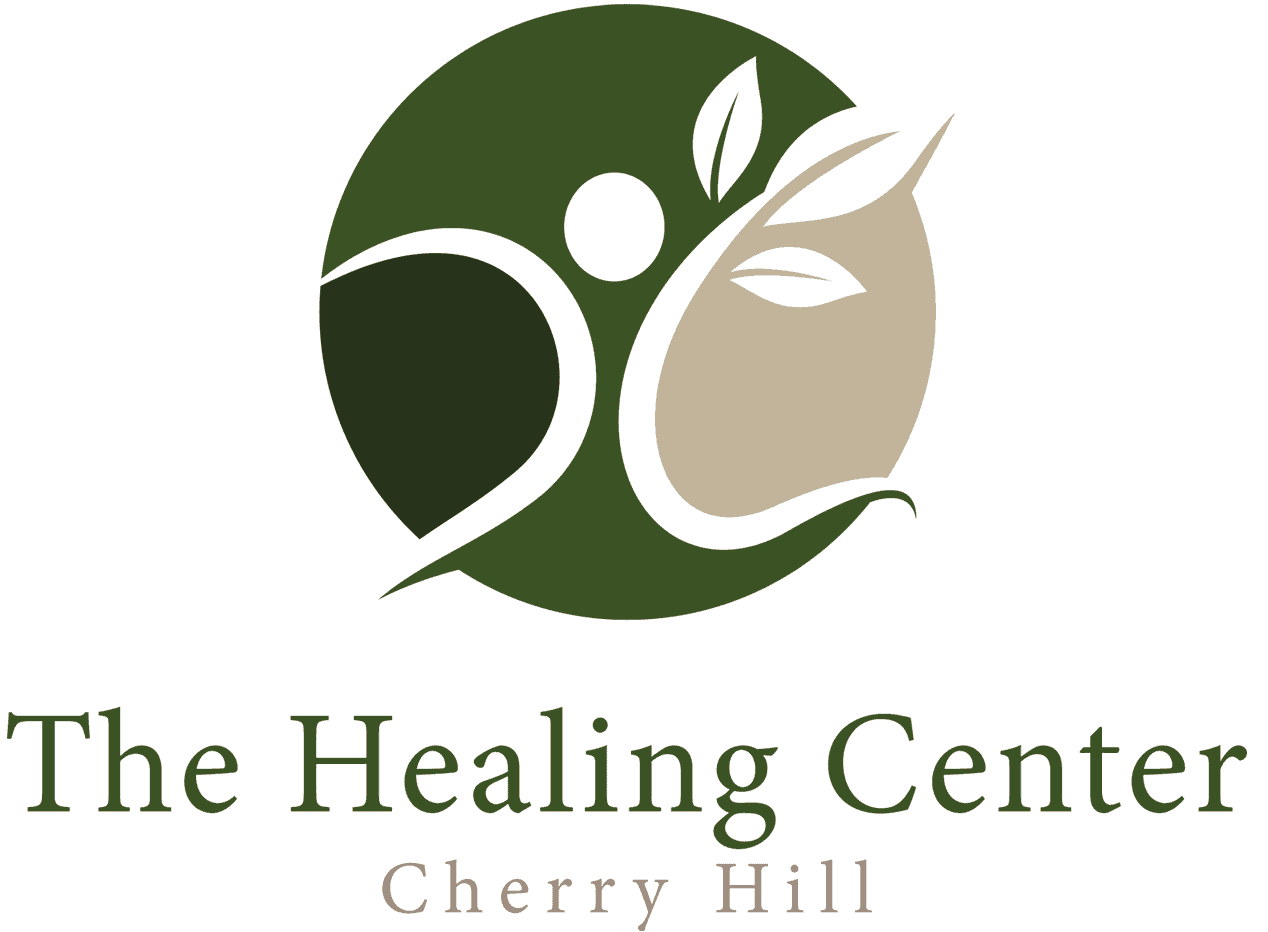Embarking on a journey toward recovery can be daunting, especially when it’s your first time entering rehab. Overcoming addiction is a courageous step, and understanding what to expect during rehabilitation can significantly ease apprehensions. Rehab centers are designed to address substance abuse’s comprehensive impact on an individual’s life, including its effects on mental and physical health, relationships, and finances.
Choosing the right rehab facility is pivotal. It’s not just about getting clean; it’s about finding a place that fosters personal growth and provides the necessary tools for maintaining sobriety post-treatment. Whether it’s for drugs, alcohol, or any other addiction, rehab is your haven for reclaiming control over your life.
Request a Confidential Callback
What is Rehab?
Rehab, short for rehabilitation, offers a beacon of hope for those struggling with substance abuse, including drug and alcohol addiction. It’s a supportive environment that encourages individuals to recover from addiction and to learn strategies for maintaining sobriety. Rehab programs in Cherry Hill, NJ are tailored to meet the unique needs of each person, often incorporating a blend of clinical interventions and therapeutic practices.
Inpatient rehab programs require individuals to stay at a facility full-time, a commitment that provides a structured environment and round-the-clock care. Here, clients are isolated from potentially triggering environments, allowing them to focus solely on their recovery journey. Inpatient rehab typically includes a blend of therapy sessions, group support, and sometimes medical detoxification, depending on the substance and severity of the addiction.
For those with milder forms of addiction or as a follow-up to inpatient treatment, outpatient rehab in Cherry Hill NJ enables individuals to receive treatment during the day and return home in the evenings. This treatment model requires a substantial level of personal responsibility and is often integrated with other forms of ongoing support, such as community groups or continued therapy.
The innovative model of quasi-residential rehab combines aspects of both inpatient and outpatient care. Participants reside in a rehab center but travel to various locations to attend different treatment sessions. This approach can provide the safety and structure found in residential rehab alongside the flexibility characteristic of outpatient programs.
During rehab, clients embark on a multi-step process that traditionally starts with detoxification, followed by intensive therapy and culminates with aftercare planning. Therapeutic approaches aim to address not just the physical addiction but also the psychological factors contributing to substance use disorders. The holistic focus of rehab facilities in Cherry Hill is to prepare individuals for long-term recovery and a life free of addiction.
Throughout the rehab process, the emphasis lies in equipping clients with the knowledge and tools necessary for confronting challenges post-treatment. They’ll learn coping strategies, relapse prevention techniques, and ways to build a supportive network essential for a successful recovery. Rehab isn’t just about breaking free from substances; it’s about reinventing one’s way of life and finding sustainable pathways to a healthier, substance-free future.


Types of Rehab Programs
When individuals seek treatment in New Jersey for substance abuse, they encounter various rehab programs, each tailored to address different aspects of addiction and recovery. Understanding the spectrum of available rehab options is critical for selecting the most effective path to sobriety.
Long-Term Residential Treatment
Long-term residential treatment provides persistent support in a non-hospital residential setting. These programs, which typically extend between six to twelve months, immerse individuals in a therapeutic community. Residents engage in a structured routine that includes:
One-on-one therapy
Group therapy sessions
Socialization activities with peers and staff
Education on substance abuse-related topics
Long-term care focuses on teaching the skills to build a new, substance-free lifestyle and the social competencies necessary to achieve long-term sobriety.
Short-Term Residential Treatment
In contrast, short-term residential treatment in Cherry Hill NJ offers a more condensed rehabilitative experience often based around the principles of the 12-step recovery model. Initially designed to combat alcohol use disorders, this approach has expanded to treat a variety of substance dependencies. The typical duration of short-term residential programs is three to six weeks. After the intensive inpatient phase, patients usually transition to robust outpatient support networks to continue their recovery journey.
Outpatient Programs
Outpatient rehab stands as a flexible alternative, ideal for individuals who must maintain their daily responsibilities while undergoing treatment. Patients attend scheduled therapy and counseling sessions during the day and return to their personal lives in the evening. The success of outpatient programs often hinges on the individual’s level of commitment and the stability of their home environment.
Each rehab program prioritizes creating an environment that stimulates personal growth, fosters a supportive community, and encourages lifelong recovery. The right program varies from person to person, with professional guidance playing a pivotal role in identifying which type of rehab aligns best with the individual’s needs.
Our Drug & Alcohol Rehab In Cherry Hill NJ
Supportive Services in Rehab
Rehabilitation encompasses more than just medical treatment; it includes a plethora of supportive services that are essential for a comprehensive recovery plan. These services are designed to address the diverse needs of individuals in recovery, understanding that addiction is a multifaceted disease and that maintaining sobriety often requires an integrated approach.
Among the supportive services provided, social support stands out as a critical factor in the prevention of relapse. A strong network can provide the encouragement and accountability necessary to overcome the challenges of recovery. Rehab facilities often incorporate group therapy sessions, where the power of shared experiences and mutual support plays a vital role. It’s proven that patients who engage in group therapy are likely to see positive outcomes due to the fellowship and camaraderie that develop within these communal spaces.
Sober living homes are another pivotal service offered by many rehab centers. These structured living environments offer peer support and are designed for those in the early stages of their recovery journey. They provide a safe space free of substances, where residents can continue to practice the skills learned during treatment. Lengths of stay in sober homes can vary from a few months to several years, offering flexibility to meet individual recovery timelines.
An essential component of any rehab program is the development of a continuing care plan. This aftercare strategy is often crafted in collaboration with counselors and may begin during admission or as the inpatient stay concludes. It’s tailored to an individual’s progress, focusing on both social and medical support services. Aftercare could involve ongoing therapy, medical check-ups, attendance at alumni groups, or a transition to a sober living home. Its implementation is evidence of its effectiveness—aftercare can markedly reduce relapse rates, making it a cornerstone of sustainable recovery.
Each of these services is integral to rehab’s goal of equipping individuals with the necessary tools for long-term success and wellness. By fostering an environment that supports both medical treatment and the cultivation of a healthy lifestyle, rehab centers in Cherry Hill strive to guide patients toward a path of durable sobriety.


What Happens In Rehab - The Admissions Process
Entering a rehab facility marks a groundbreaking step on the journey to recovery. The Admission Process is structured to ease you into the program while establishing the foundations for a personalized treatment plan. Preparation is key. It’s crucial to know ahead of time what you should bring. Facilities typically offer a list of approved items on their websites or through direct contact. Adherence to this list is not merely a suggestion but a requirement to ensure safety and compliance.
Upon arrival, expect that your belongings will be searched as part of standard protocol. It’s often advised to bring the bare minimum, such as identification documents. Valuables like purses or wallets may be better left at home since rehabilitation centers provide meals and basic necessities. They strive to remove distractions that can impede focus on recovery.
Cognitive Behavioral Therapy (CBT) is frequently introduced during the initial stages of treatment. It’s a method that zeroes in on the relationship between thoughts, feelings, and behaviors, which is pivotal in addressing substance abuse issues. Rehab centers also illuminate the concept of emotional sobriety, which is integral to managing emotions post-treatment.
The length of stay varies, and the facility staff will gauge the duration based on several factors, including individual needs and the specific nature of the addiction. The admission phase also includes assessments where you’ll be encouraged to provide honest information about your substance use and life circumstances. This transparency is crucial for tailoring the treatment to suit your personalized recovery path.
Recognizing the enormity of the transition back to daily life, secondary treatment, or aftercare, is often discussed early on. Its goal is to support you through the challenges of maintaining sobriety in the long term. This step is not just about preventing relapse but also about nurturing a life free of substance dependency. With aftercare, the support extends beyond the initial rehab experience, reaffirming that you’re not alone in your recovery journey.
Aftercare and Relapse Prevention
Relapse prevention begins with acknowledging that addiction is a chronic disease where recovery extends beyond medical intervention. Factors such as social support, housing, and employment play a critical role in maintaining sobriety. It’s been observed that post-recovery, individuals without a stable, substance-free living environment are at a higher risk of relapse. In rehab, aftercare planning might start at admission or during the latter part of an inpatient stay, signaling its importance in the recovery process.
A safe living environment is a cornerstone of treatment success. Sober living homes offer that environment by providing structure through peer support and are often utilized as an integral part of the continuum of care. These homes can be essential for individuals in early recovery and can be used in conjunction with Partial Care or outpatient therapy. The length of stay varies, with some residents staying for months, while others may find support in these homes for years.
When considering the breadth of aftercare services, individual needs take priority. For those with a medical or mental health condition, specialized services are necessary, while people with extensive addiction history and a weak support network might find an inpatient program more beneficial. In evaluating rehab options, it’s essential to consider factors like cost, quality of care, and the expertise of the staff. These are gauges of a program’s potential effectiveness and the likelihood of preventing a relapse.
Selecting the right program includes looking into the specifics, such as insurance acceptance, staff credentials, treatment plans, counseling availability, and aftercare provision. Certain services may be covered by health plans, but the extent of out-of-pocket expenses varies depending on the insurance policy and the chosen program. Insurers typically cover services deemed medically necessary, tailored to each individual case.
Cognitive Behavioral Therapy (CBT) features prominently in aftercare strategies due to its efficacy in treating addiction. It addresses the psychological aspects of dependency and equips individuals with coping mechanisms to deal with triggers that could lead to relapse. This therapeutic approach is a staple in most rehab programs, reinforcing its role in long-term recovery and relapse prevention.

Get Help For Addiction In Cherry Hill, NJ
Rehabilitation in Cherry Hill NJ offers a beacon of hope for those grappling with substance abuse, providing structured and professional support tailored to individual needs. Through a journey that begins with detox and spans various therapeutic interventions, rehab lays the groundwork for long-term sobriety. Embracing aftercare is crucial, as it fortifies the lessons learned and supports a transition to a substance-free lifestyle. Ultimately, the success of rehab hinges on the commitment to an ongoing process of recovery, where individuals harness the tools and support systems provided to reclaim control of their lives. Contact our admissions team today to begin your healing journey.







